This project raises awareness about the struggles faced by farmers and indigenous communities around the world to protect water and keep native/organic seeds alive
Introduction: In the summer of 1994 a delegation of grass roots leaders visited London hosted by a number of campaigning organisations. They stayed in our house and this is the moment that the story of this project begins. Among the leaders there was a representative of the Afro-Colombian communities, a leader of the peasant movement and two indigenous leaders; one of them was BeritoBerito Kuwara'wa. Berito was and still is the spokes man and traditional authority for the U’wa indigenous community. At the time the U’wa people (The U'wa, known as the "people who know how to think and speak," were fighting against the oil multinational Occidental Petroleum (OXY). In the year 1992 the Colombian government issued a license to Occiental petroleum to began drilling the sacred territory of the U’wa. The issuing of this license violated a 1991 ruling that oil exploration in indigenous territories required community consent. The U’wa continued their fight even though death threats were issued against the community and their leaders. In 1995 Shell, Oxy’s Partners left the project. In 2002 OXY left the project. This was a victory for the U’wa people, they won a battle but however not the war. In 2014 nearly 20 years after I first meet Berito our paths crossed again. I was visiting Colombia and I took part in an Earth Prayer that brings together many indigenous leaders from Colombia and Mexico. This prayer is called a Kiva. Berito is one of the leaders of this very important prayer in Colombia. When I saw Berito I was not 100% sure he was the person I thought he was. So I approached him to ask him if he had been to London in the past. To my surprise he remembered me. Not only did he remember me but also introduced me to 100s of people in the Kiva and underlined the importance of building the bridges of solidarity again with our brothers and sisters in the UK.
We are currently living in a world that is heavily influenced by the corporations in a profit making based economic. Corporations control the economy, our media, energy production, health, natural resources; including water. Their grip onfood production is growing stronger every time. This grip is felt stronger in third world countries but it affect us all. Organic seeds have been systematically changed for genetically modified crops (GM). The consequence of this has been devastating not only in the economy of peasants that work the land but also the loss of nutrients in the food and in the disappearance of organic and real crops. The overtake in our food production has meant that in countries like Colombia, growing and selling organic has become illegal and many peasants have lost their freedom and their lives in the struggle for organic seeds.
This project raises awareness about the struggle to keep native and organic seeds alive faced by peasant and indigenous communities around the world. Food corporations have been taking over the entire production of food in some countries and forcing the use of GMOs. The result is not only the disappearance of ancestral and native crops, but also economic dependency and depletion of the land’s fertility. Not to mentioned the uncertainty that GMOs crops pose for human consumption. There is still so much we don’t know the side effects that GMOs will have in humans. Our mission is to build bridges of solidarity and support coo creating with other UK grass-roots organisations, charities, policy makers and the seeds keepers around the world. The disappearance of the organic seeds will have an impact worldwide and to tackle this we must formulate an answer of the same proportions. We must start sharing our visions and dreams for a better society and come together to take action, learning from each other and putting forward the best of us, and the best of our society.
Finally The Seed Alliance will actively lobby and campaign policy makers and stake holders regarding the protection and preservation of native and organic seeds, as well as the protection of water and land rights. If we don’t act now what will be left for our children and future generations?
We keep in contact with Berito through a young artist, farmer and leader Jose Manco Parra. Jose and Berito work closely in the defence of the land and also organising the peasants in the resistance against the corporations and their plans to impose their GM crops using extreme measures. Jose travels the world passing on the organic seeds that he grows on his land and shares them with other peasants and leaders. Jose is also a very talented visual artist who portrays the lives of the peasants and indigenous in a powerful way.
The Seed Alliance first cultural and seed exchange
will take place in the month of September 2018 with the participation of the Internally renown indigenous leader Berito kuwaru'wa from the U’wa people and Jose Ismael Manco Parra farmer and artist from Colombia.
We are reaching out to key people and organisations to extend out an invitation to become part of this project. We are looking for people/organisations to host events and also help us to raise the money to bring Berito kuwaru’wa and Jose Manco Parra.
We need £4000 to cover the costs of their two weeks visit to the UK. We intend to raise this money also by running a crowd funding campaign and a fundraising events.
Background Information
The U'wa are a peaceful culture of more than 6,200 people who live in the remote Andes of northeastern Colombia, along the border with Venezuela. Both the U'wa and the cloud forest they inhabit are among the last of their kind in the world. However, the U'wa way of life is now jeopardised by oil, gas, and mining concessions condemned by environmental and human rights organisations around the world. Natural resource extraction and the construction of mega-projects in the U'wa territory has already contributed to a climate of violence which is likely to lead to a human rights and environmental disaster.
The U'wa, known as the "people who know how to think and speak," consider themselves guardians of the forest and the species therein. For centuries, they have protected large tracts of forest by prohibiting all human access - including their own. These tracts now function as de facto biological reserves for such species as jaguars, spectacled bears, and toucans.
Berito kuwaru wa
Is a member of the Colombian U'wa people. He was awarded the Goldman Environmental Prize in 1998 for his role as spokesperson in conflicts between the U'wa people and the petroleum industry. KuwarU’wa, on behalf of his tribe, the U’wa, has waged an international campaign imploring multinational oil companies not to drill in the tribe’s remote homeland high in the cloud forests of Colombia. the U’wa believe that oil is the blood of the earth and that to extract it is equivalent to committing matricide. Choosing suicide over what they see as genocide, Kuwar and 5,000 others have pledged to jump off a cliff if oil development takes place. "The U’wa territory is sacred," says Kuwar. "The U’wa culture has no price."
Our Method
Exchange of Seeds and Thoughts
We proposed an artistic practice, bringing together and mixing agriculture with and plastic arts as a way to “build thought” and answers to the real needs of our territory. we had shared our work in various environments; indigenous, social, educative, artistic, and rural farming meetings and eventsin Colombia, Mexico and Argentina.
We explored issues such as mining exploitation in fragile zones as well as the high environmental importance like the Alpine Tundras and High Andean Forest, food sovereignty, which starts with the water, native seeds, agrarian policies, and the commercialisation of products from the rural areas. Our proposal is about using agriculture as a form of art, starting from drawing, evolving into installations with seeds and after sharing our thoughts and word around the issue of the seeds. The seed as the active part for dialogue and after thought agriculture as a space for reflection. seminars and talks while working with the hoe. Working the land as a space for artistic creation.
These artistic practices have played an active part of social, political process specially as pedagogy support in environmental process with different populations. seeds have been part of these process as a barter tool. What we do is to pass on seeds that have been pass on to my family for over 6 generations. we give it to people that take on the responsibility of looking after them.
We have keep these seeds safe and we growth them in a comunal land. Every year we plant and we collect amor fruits of the land. our land is surrounded by buildings, we are a peasants in resistance. Arts is our tool to resist, draws are make vegetable carbon and vegetables tints. As the pieces are transported in cylinders the drawings deteriorated due to the handling and transport, but i take this as print of time on the pieces, I also add more elements such as drawing. The pieces are never finished. Throughout history my territory is has been of a rural vocation. as a matter of fact the heights percentage of food that feeds the country comes from this territory. we are peasants, we are farmers and habitants of a territory of world wide environmental importance. About 50% of the Paramos ( alpine tundra ecosystems) in the world are in Colombia. Boyaca is the region with the highest number of Paramos. the current politics of extraction are putting in danger these ecosystems as well as the ancestral cultures Indigenous/farmers.This is why i exchanged seeds with people, with everyone with the condition that these seeds will be planted and will be look after.
“ A seed can be many things a word a thought, but the important thing is to plant it”.
Our proposal can be develop any where and uses art as social tool, suppose day the indigenous and peasant thought and it matriz of thought that is the Eart.




